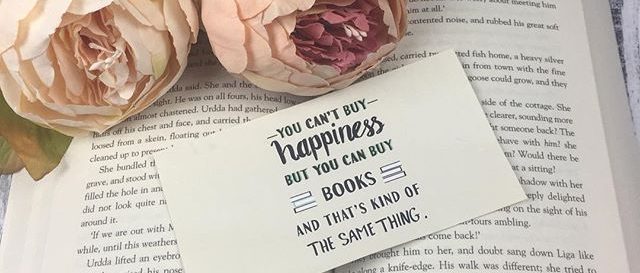I think we can safely say I am a big Patrick Ness fan now. I am basically ploughing my way through his entire list, and love everything so far.
And the Ocean was Our Sky is his most recent novel, illustrated by Rovina Cai.
I think it should be noted at this point that I have not read Moby Dick and probably never will, and I don’t think that impacted my understanding of the story at all.
~
Simply put, this is Moby Dick but from the perspective of whales. A pod of whales, led by the fearsome and legendary Captain Alexandra, are on the hunt for a devil-man known to them as Toby Wick, infamous for his evil and the devastation he has wreaked on whalekind. Captain Alexandra believes it is her destiny to take down Toby Wick, and will stop at nothing to end him.
Bathsheba, her Third Apprentice and the story’s narrator, watches the events of the hunt unfold, questioning whether there is such a thing as prophecy, and whether it is our belief in these prophecies that bring us to our end.
I think most people understand that Moby Dick is one of those classic stories asking what it is that makes a monster. It’s something that Ness is also familiar with, this being a large part I his Chaos Walking trilogy. So this meeting of minds certainly makes sense.
What Ness manages to do, is capture the essence of the classic story and give it that modern twist to an effective advantage. He knows who his audience is, and by having the perspective from the whales, providing an ‘othering’ aspect that works well, it opens up what is a considered complex allegorical text to something more manageable and modern.
Was a consistently confused about the fact whales swim upside down? Yes. Yes I was. It can be quite a disorientating read, and I was confused by the first few pages when it turns out that the whales have adopted human hinge and are, genuinely, pulling a ship around with them, rather than it being a euphemism for the pod.
And this was one aspect that didn’t quite work for me – the adoption of human materials by the whales. I see what the point was, but it felt a little jarring to me, and I would’ve preferred Bathsheba perhaps realising all this along with her growing doubts about the hunt.
Bathsheba is a likeable protagonist, for a whale, and her path feels a real and complex one as she is carried towards the hunt of Toby Wick both actively and passively. The line between whether what they are doing is justified or not remains somewhat murky throughout.
Perhaps the only real misgiving I have about it, is that it isn’t very long. As an illustrated novel, it is considerably shorter than Moby Dick (which, let’s face it, isn’t a bad thing). And while this means that it is a beautiful, fast-paced and impressive undertaking of the classic, it also feels too brief. There is a lot of complexity, as I’ve said, but the result here in its brevity is that it loses some of that nuance that can be found in a longer novel. This does, occasionally, give the feeling that it’s being a bit preachy, a bit too obvious in its message when the truth is that it’s not always so clear cut. It is targeted for a YA audience, so I’m perhaps being a bit harsh, here, but I know from his other books that it is something he can do with more of a light touch.
That being said, there is subtlety to some themes that is well-crafted and gives food for thought. Religion and the othering that I mentioned being some of it.
And it would be awful if me to ignore the illustrations. They are beautiful. Cai’s work is simple and flowing, capturing the feeling of being in this alternate, deep ocean world. It also helped a lot with the upside-down-ness of everything! The splashes of red that come through later in the novel are quite chilling after the blues and greys. They’re stunning spreads, and actually add to the feeling of oppressiveness in the story, rather than being a distraction.
I said this is definitely a modern version of the story, and one thing I want to address is the ending (no spoilers, I promise!). For all my talk of it feeling a bit preachy in places, the closing chapter is really quite something special for these modern times. Ness isn’t beating you over the head with his nod to the direction world politics currently seems to be going in, but the sentiment is clearly there. And it’s chilling. And kind of heartbreaking. For all its classical roots and its otherworldly style and its gorgeous illustrations, it is a very relevant book for 2018. It feels of the moment. And maybe that’s the most terrifying thing about it.
~
What’s your ‘white whale’ in fiction? One book you know you need to conquer at some point? Let me know down below!
xx


Honestly, Patrick Ness always seems to amaze me as to how he can make us cry and contemplate our existence and morals while also completely messing with our brains. I’m looking forward to picking this up in the future, great review!
LikeLiked by 1 person
I know, right?! Such a talented guy.
And thank you! I hope you enjoy 🙂
LikeLiked by 1 person